
Qualitative Comparative Analysis (QCA), Patrick A. Mello
- Università della Svizzera Italiana, Lugano, Switzerland, 2016, 2019, 2021, 2022, 2023, 2024 (register for 2024 here)
The intensive one-week format of the Swiss Summer School, situated near the beautiful Lugano lake, allows participants to fully engage with QCA and its methodological foundations and to learn how to apply the method to their own research projects. The full-day course is split into lectures, exercises, and software application (R environment). The course also offers opportunities for individual consultation and feedback.
For information about future courses and workshops – just contact me.
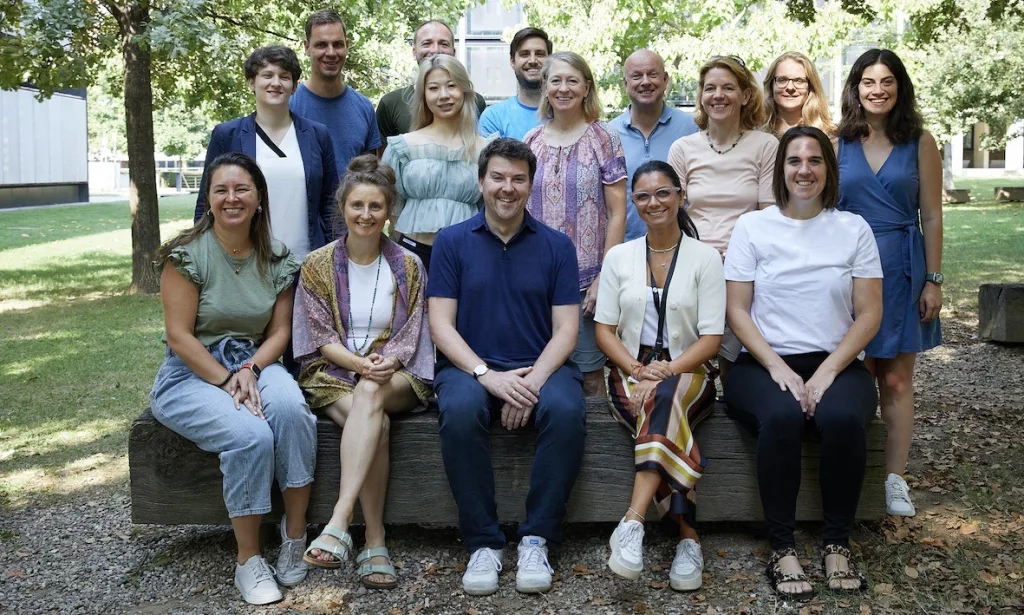
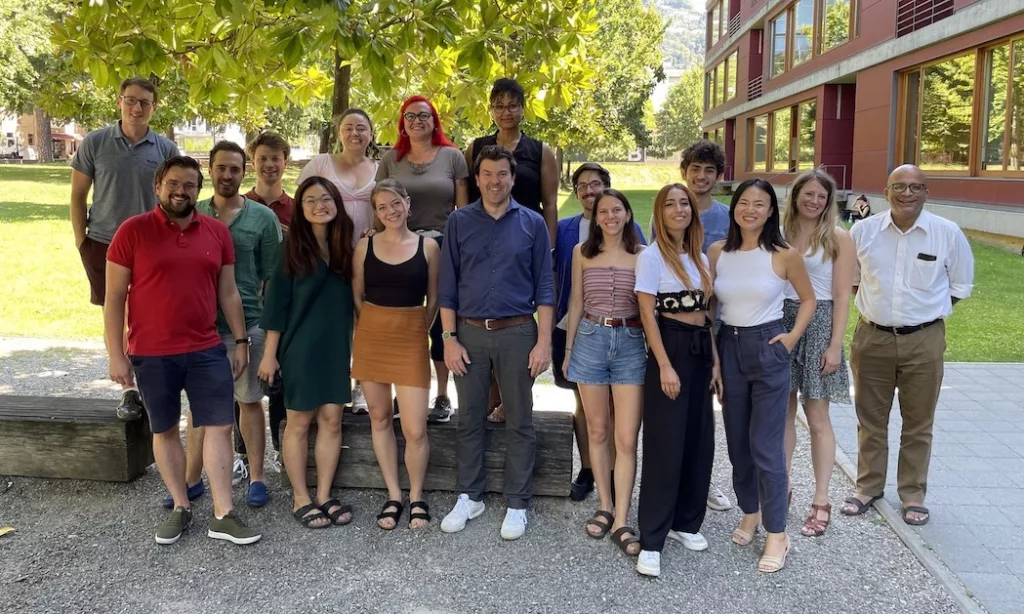
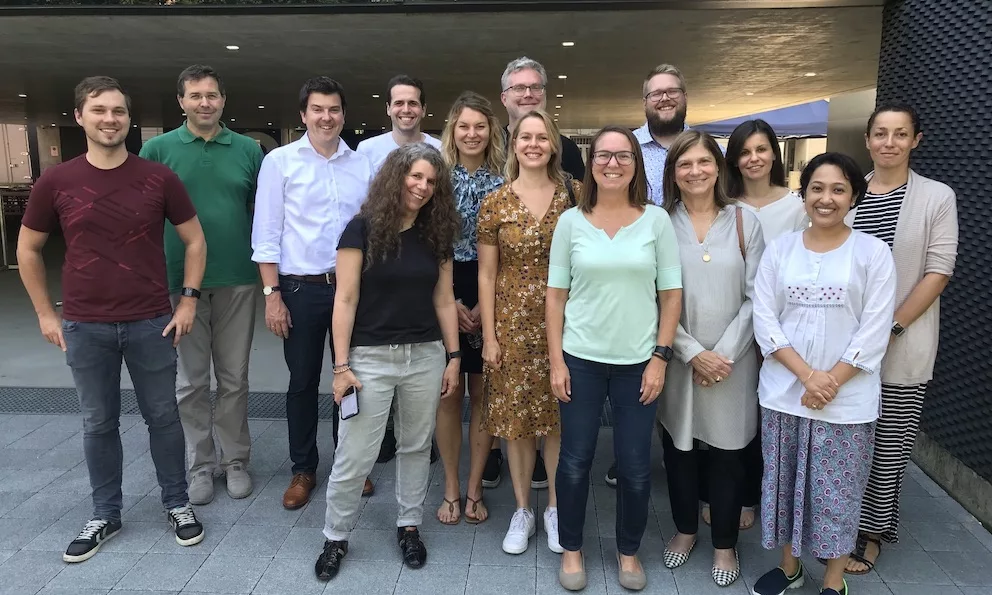
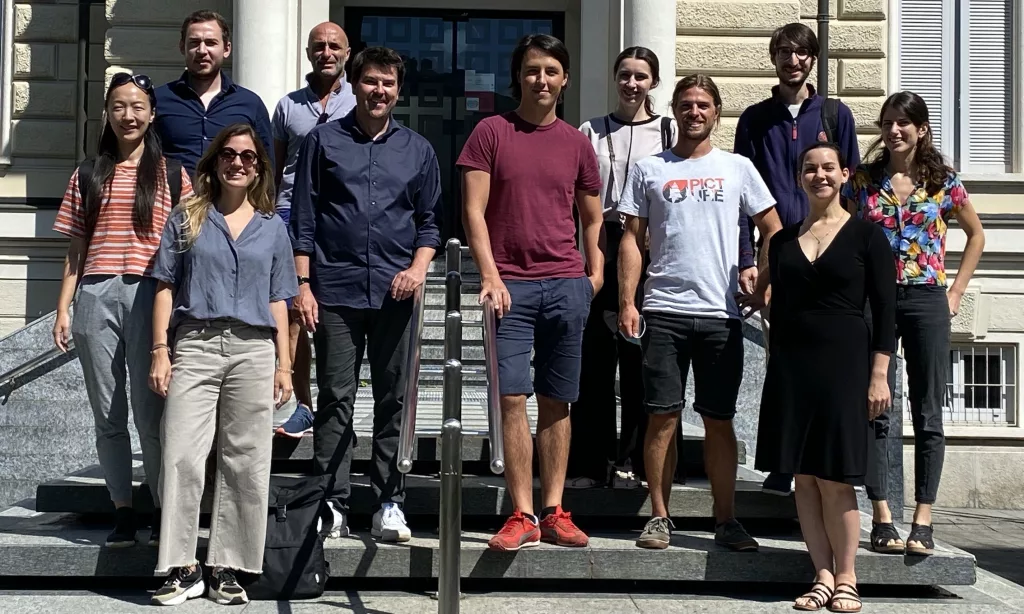
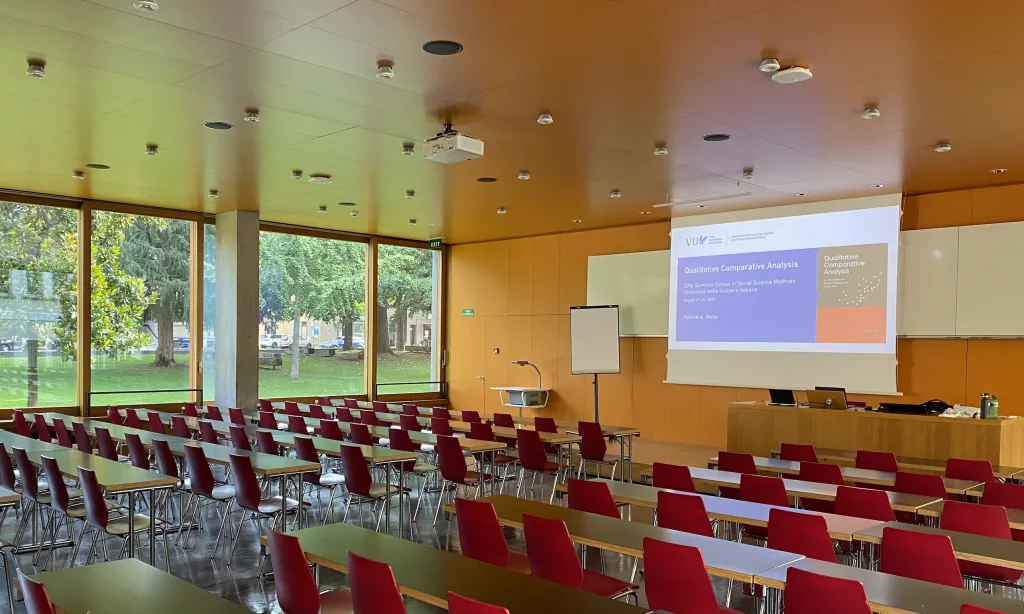
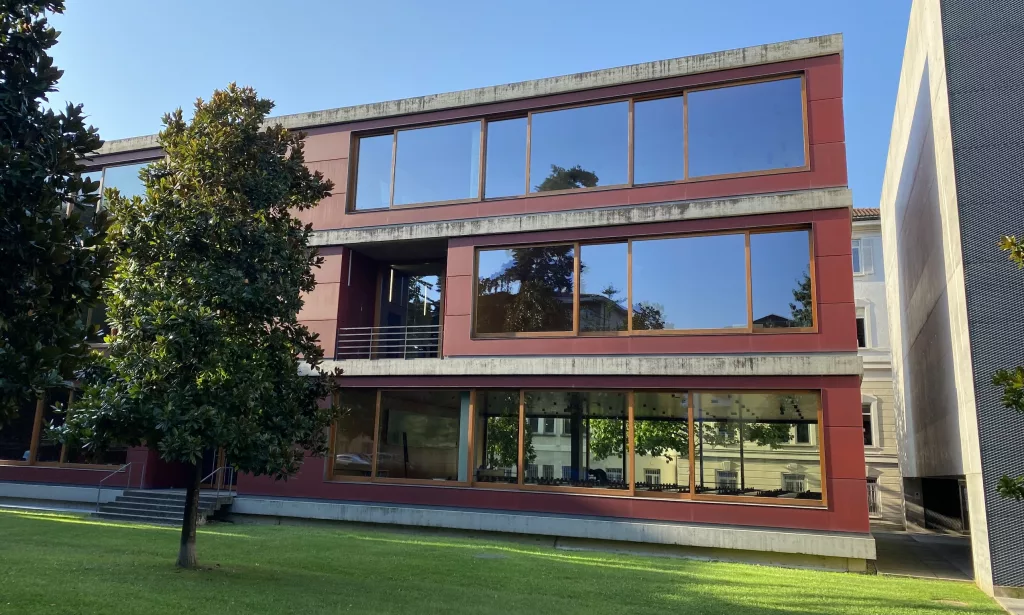

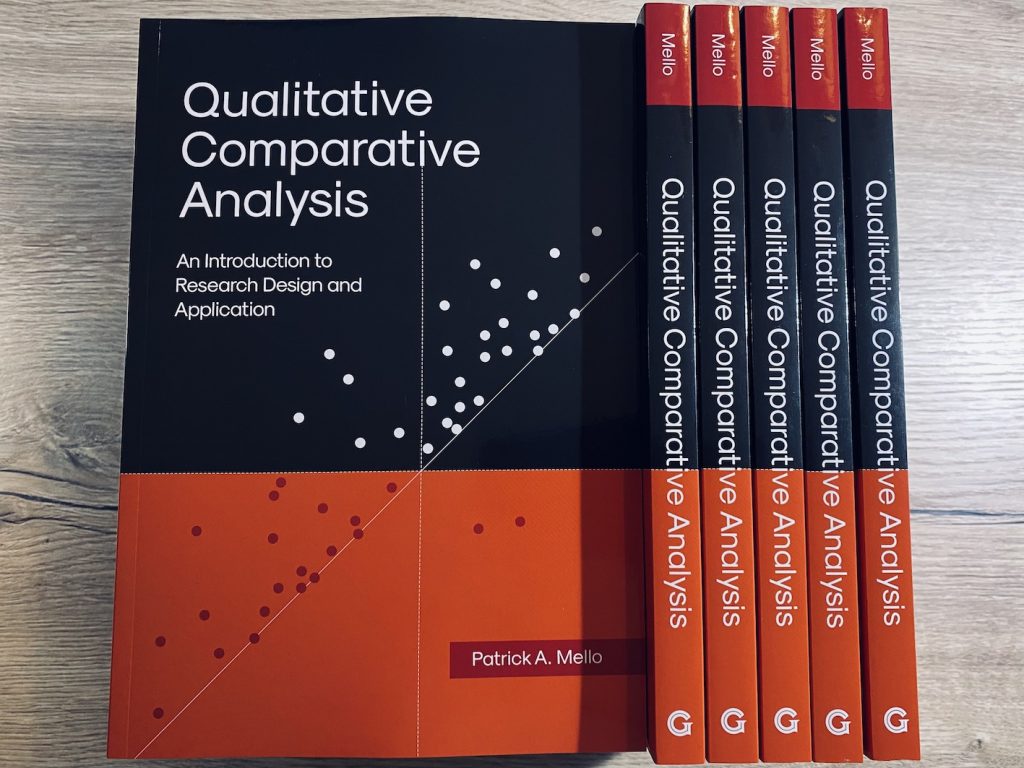
From the course outline: This workshop gives a thorough introduction to the method of Qualitative Comparative Analysis (QCA), with an emphasis on research design and practical application. Since its inception (Ragin 1987), QCA has gained recognition among social scientists as a case-based research method that is ideally suited to capture causal complexity. This essentially describes a situation where an outcome results from multiple pathways and different combinations of conditions. Moreover, QCA entails a rigorous and systematic comparison of selected cases and their configurations through Boolean logic and a software-based analytical protocol.
Throughout this workshop, participants are introduced to the foundations and advanced functions of QCA, while the course structure follows an ideal-typical research process. The introduction opens with empirical illustrations to show how and for what purposes QCA is being used in various areas of the social sciences, before summarizing the method’s key characteristics. This is followed by concise sessions on causation, causal complexity, and research design, to provide a basis for thinking about empirical applications. The ensuing sessions engage with the use of QCA as an analytical approach, starting with set theory and concepts like necessary and sufficient conditions, Boolean algebra, truth tables, and fuzzy sets. In calibrating sets, we look into approaches to transform empirical raw data into crisp and fuzzy sets. Next, the course examines various measures of fit that help in evaluating QCA results. The sessions on set-theoretic analysis put all the elements together and show how empirical data is analyzed and interpreted with QCA. Towards the end of the workshop, we look into advanced topics, which can be tailored based on participants’ background and research interests. Potential topics include multi-method research design, QCA variants, robustness tests in QCA, addressing critiques, and recent methodological innovation.
The workshop sessions are complemented by illustrations and exercises, using the R Software environment and relevant R Packages.
The course structure follows the outline of the textbook Qualitative Comparative Analysis: An Introduction to Research Design and Application (Georgetown University Press, 2021) and the accompanying R Manual (R Script and PDF freely available here). Individual sessions are complemented with additional readings, entailed in the detailed syllabus that participants receive ahead of the summer school. To cover the dynamic development of the literature on QCA and related approaches, the syllabus also includes an updated list of recommended readings.